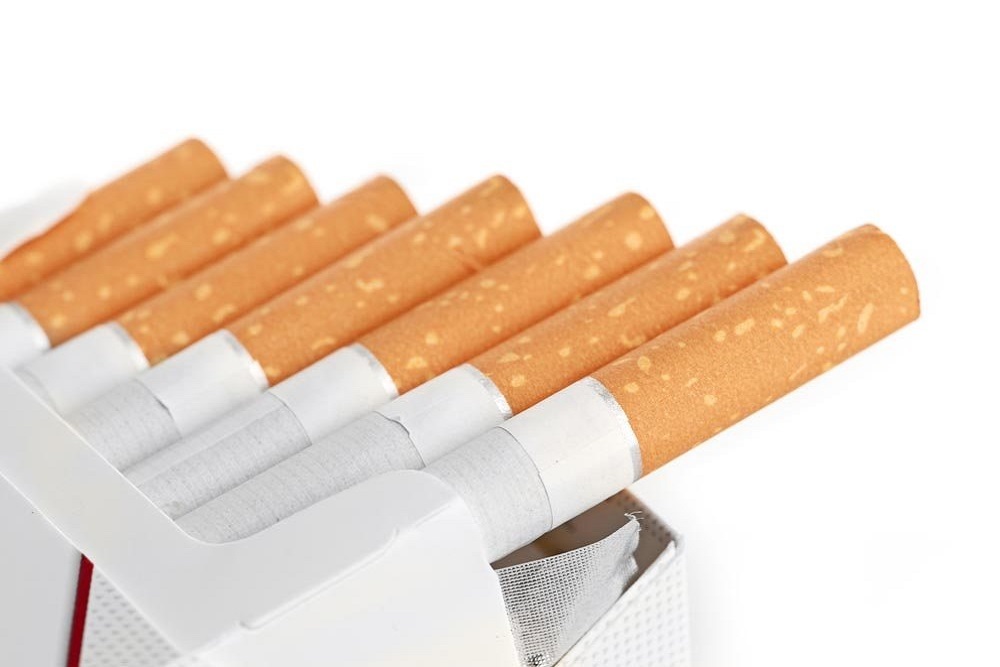
Southeast Asian Tobacco Control Alliance issued the following announcement on Feb. 19.
The country’s legislators face a unique opportunity to save lives and protect the health of millions of Filipinos as they consider the proposal to increase tobacco tax.
At this stage, when the Philippines is one step away from a major public health victory, it is not uncommon for the tobacco industry and other pressure groups to perpetuate misinformation at the expense of the public’s health. We urge legislators to stay focused on the evidence and not give in to distractions.
The country’s legislators face a unique opportunity to save lives and protect the health of millions of Filipinos as they consider the proposal to increase tobacco tax.
At this stage, when the Philippines is one step away from a major public health victory, it is not uncommon for the tobacco industry and other pressure groups to perpetuate misinformation at the expense of the public’s health. We urge legislators to stay focused on the evidence and not give in to distractions.
During a Senate ways and means committee hearing last Feb. 4, tobacco industry representatives misrepresented and misinterpreted a World Health Organization (WHO) report by stating that in the Philippines, “tobacco use is a distant third vis-à-vis the top highest risk factors of air pollution and physical inactivity” — suggesting that the job is done and no further tax increase is needed.
Fact: Tobacco was and remains the single deadliest behavioral risk factor for cancer, heart attack, stroke and other noncommunicable diseases in the Philippines.
Parliamentarians and the Philippine government recognized this early on, and saved many lives by rolling out strong tobacco control measures over the last years, including taxation.
In 2012, the Sin Tax Reform Law paved the way for a dramatic tobacco tax increase. This resulted in a significant decline in smoking prevalence, with more than a million smokers quitting by 2015. The reform also generated even more revenue than was initially projected, helping fund the expansion of the Philippines’ national health insurance program and improving the country’s health services.
These successes occurred despite intense pressure from the tobacco industry, which had argued that revenue collection would decrease; that illicit trade would flourish; that poor people would suffer even more; and that the impact on tobacco farmers would be catastrophic.
Evidence shows the exact opposite happening: Across the world, higher taxes boost government revenues, with the poorest benefiting the most; there is little to no impact on tobacco growers; and, most importantly, countless people are saved from disease and death.
The current proposals in the Senate to increase tobacco taxes are aimed at protecting and building on these gains. Owing to rising incomes, cigarettes have remained very affordable in the Philippines. Without another substantial tobacco tax increase, and future increases to keep pace with income and inflation, the recent health and economic benefits could be eroded.
It is also crucial to make it more difficult for young people to start smoking, and to encourage current users to quit. Raising tobacco taxes will protect millions of Filipinos from the scourges of cancer, heart disease and other deadly conditions from tobacco use. Higher tobacco taxes would also mean higher revenue, which can be used to finance universal health coverage (UHC) and other priorities of the Philippine government.
Current proposals include excise tax increases per pack of cigarettes of P60, P70 or P90. Any one of these proposals would lead to a reduction in the prevalence of tobacco use, while providing additional revenue to fund the government’s UHC program. A tax of P90 per pack of cigarettes is projected to achieve the most substantial decline in the rate of people using tobacco, to 14.5 percent by the end of the current administration’s term (from 23.8 percent in 2015). A P60 increase, meanwhile, is expected to decrease prevalence to 17.0 percent.
WHO supports the tobacco tax increase, and we urge legislators to stay focused on the evidence and resolve to do the same. We trust that Philippine leaders will stay firm in being defenders of public health and advocates for a better quality of life for all Filipinos.
Original source can be found here.

